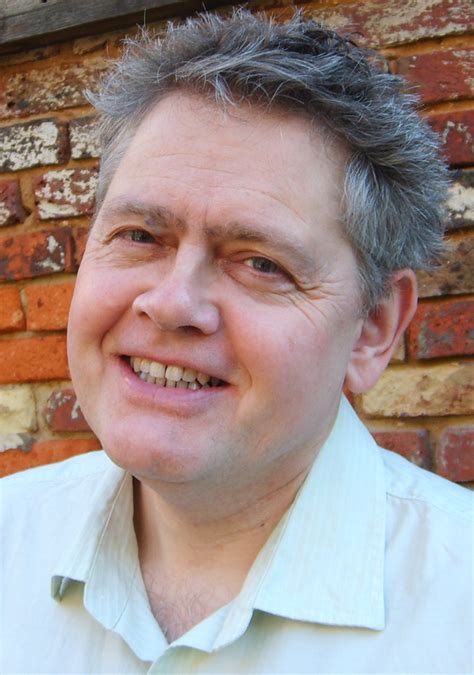A Quote by Nicholas Royle
The short story feels like the most natural length for prose fiction, or certainly for the kind of ideas and situations I like to encounter.
Related Quotes
One of my standard - and fairly true - responses to the question as to how story ideas come to me is that story ideas only come to me for short stories. With longer fiction, it is a character (or characters) coming to visit, and I am then obliged to collaborate with him/her/it/them in creating the story.
A short story is a sprint, a novel is a marathon. Sprinters have seconds to get from here to there and then they are finished. Marathoners have to carefully pace themselves so that they don't run out of energy (or in the case of the novelist-- ideas) because they have so far to run. To mix the metaphor, writing a short story is like having a short intense affair, whereas writing a novel is like a long rich marriage.
In the short stories - if I can make a very lumpy contrast - in the short stories I feel like the lives of the people have a kind of prior desperation and a prior need and my longing is for the story and their lives to somehow come together, even if not finally or forever, to face something; and it felt like a lot of the time with the essays I was wading into situations where there was an assumption of finality of understanding, and I felt like I could wade into any understood moment and tear it apart and make it fall apart.
A novel is like a long relationship and a short story is a brief one that lingers - it lingers powerfully and maybe more powerfully. I think that's true in a lot of cases, most long-term relationships compared to some of the briefer ones - the intensity of those brief ones that end, I think a short story is kind of like that. There's a certain level of intensity that I think is different.
There are loads of sociopolitical, racial, class and future-planet situations that really interest me, but I'm not really interested in making a film about them in a film that feels like reality because people view that in a different way. I like using science fiction to talk about subjects through the veneer of science fiction.
I receive a lot of letters like yours. Most go on in length, describing all sorts of maddening situations and communications in bewildered detail, but in each there is the same question at its core: Can I convince the person about whom I am crazy to be crazy about me? The short answer is no. The long answer is no.







































